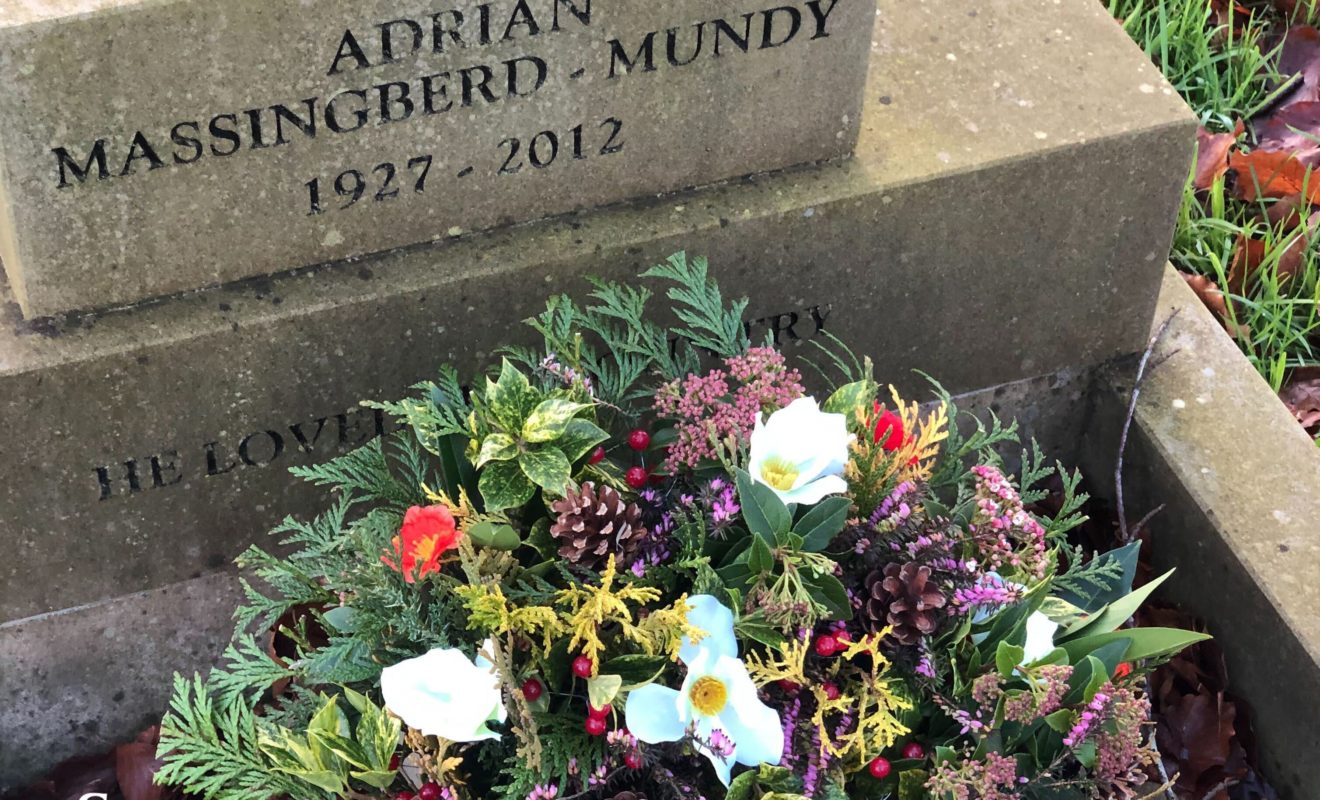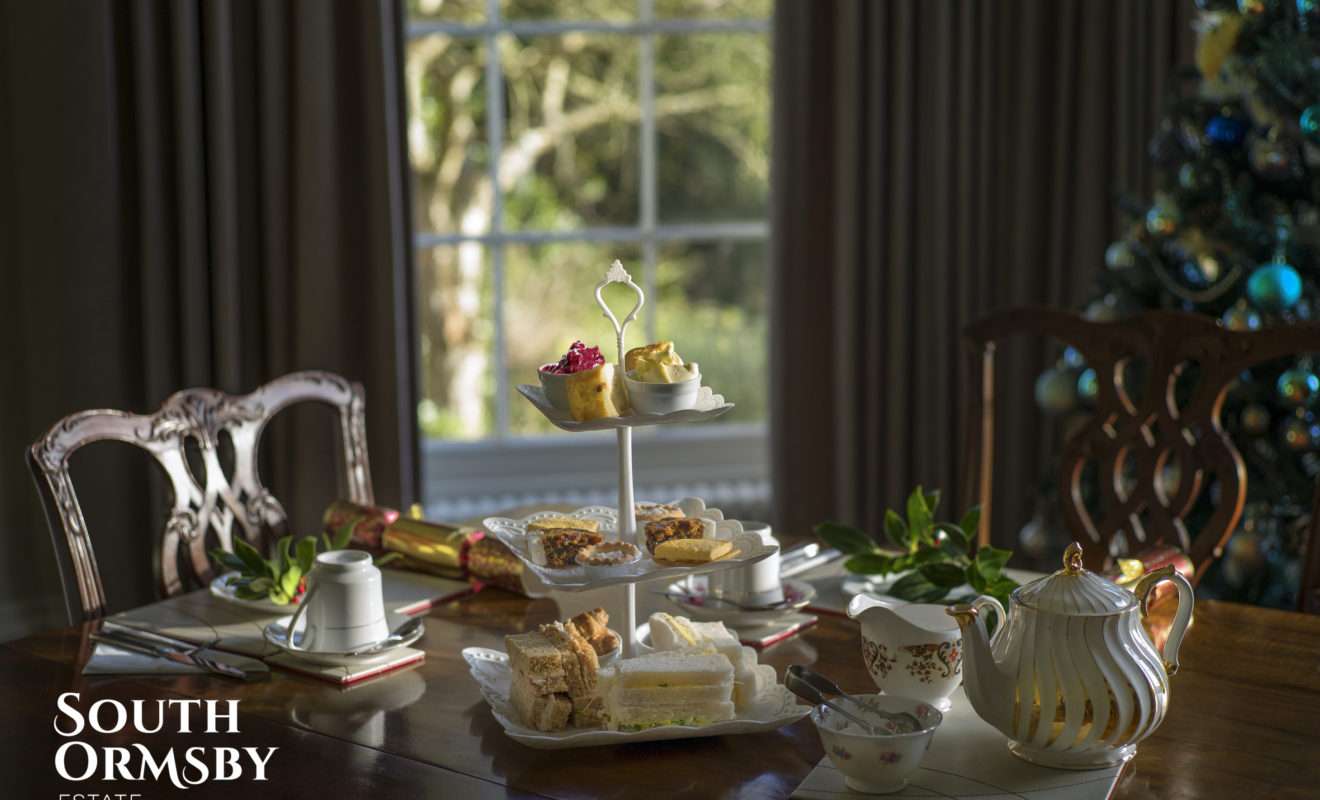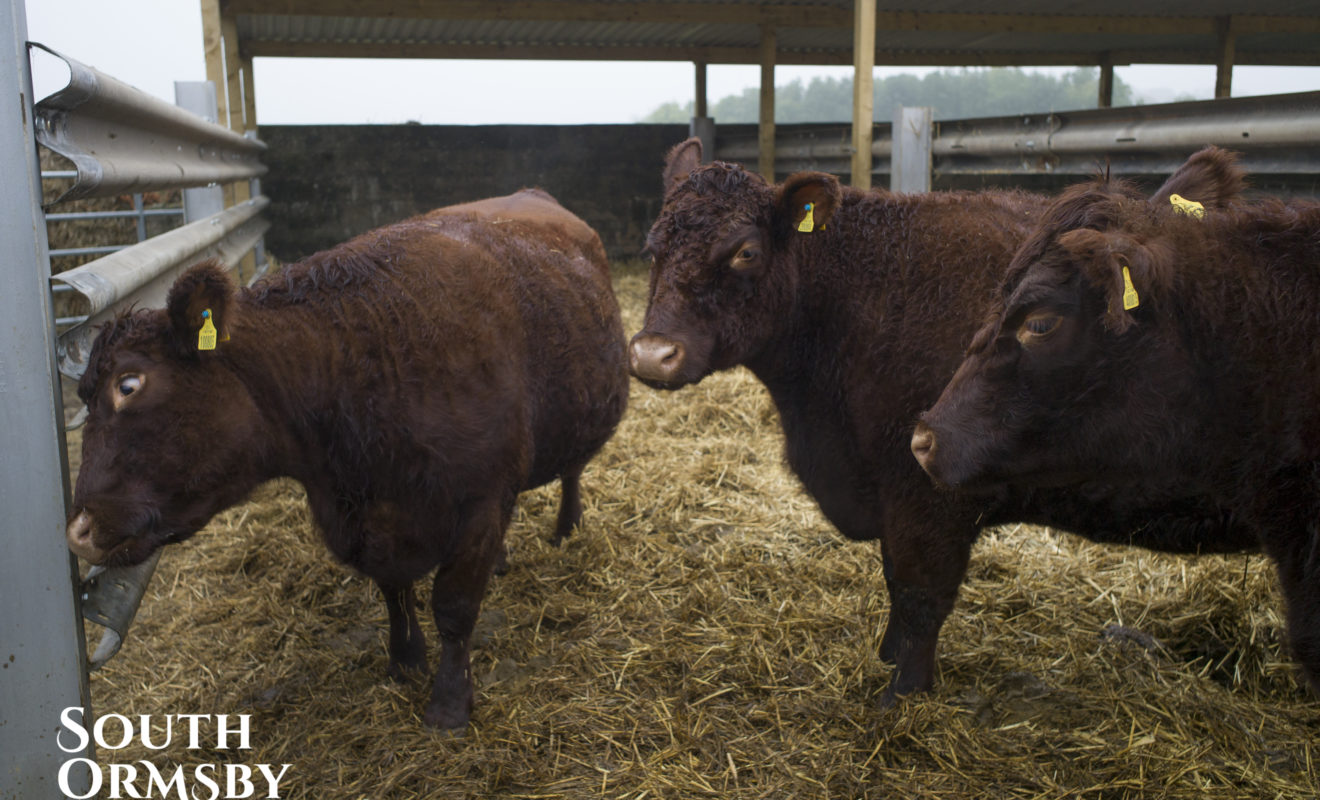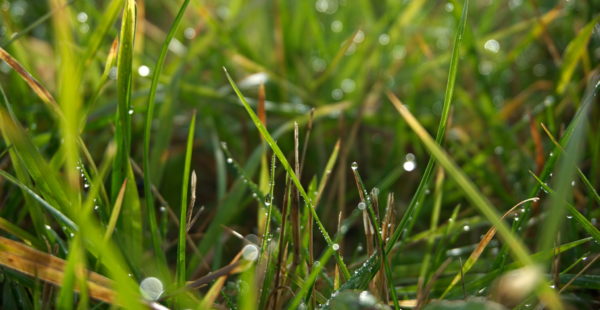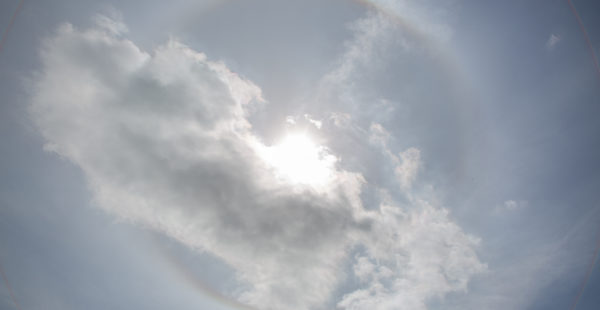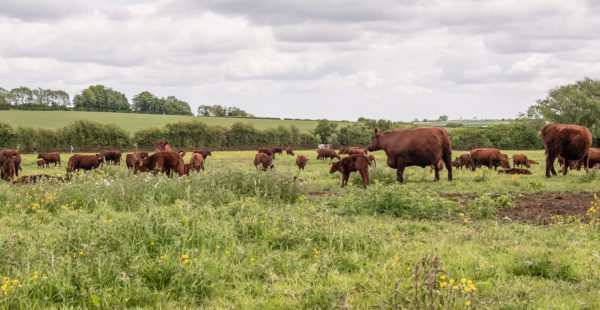A Week on the Estate: Flowers for the Squire, Census for the Buffs, Winter for the Reds
The winter solstice may be nigh with short days and raw weather, but we’re looking forward to festive cheer and all manner of new growth in the year to come.
In March 2020, we’ll be launching the Saturday Club for 13-17-year olds. Young people will be given the chance to earn while they learn. They’ll find out exactly what goes into running a rural estate – learning the land while earning a wage and, of course, working hard.
Housekeeper Jacqui Rhodes treated the Hall to some warming, home-made soup. Both the beef soup and the carrot soup featured ingredients produced right here on the estate. Jacqui also arranged for a beautiful bouquet to be laid on the grave of the Squire – Adrian Massingberd-Mundy – to celebrate his life and legacy at this special time of year.


